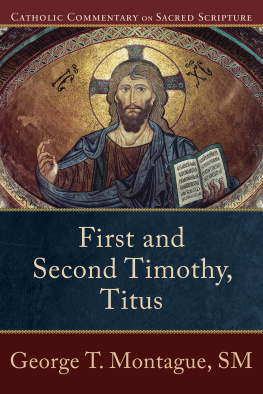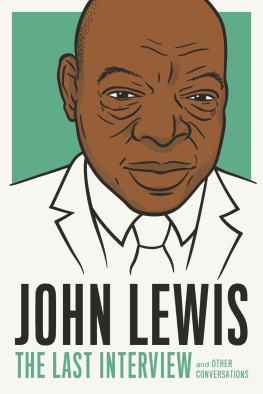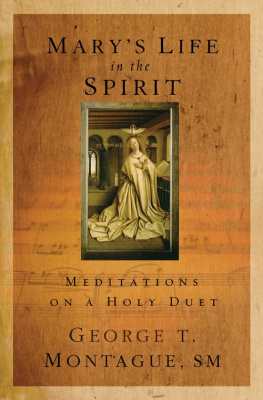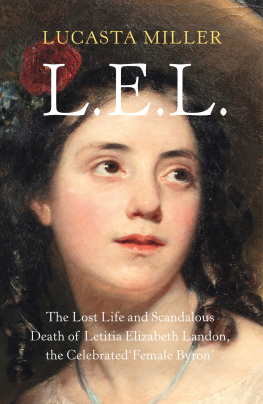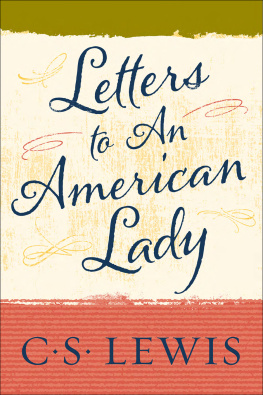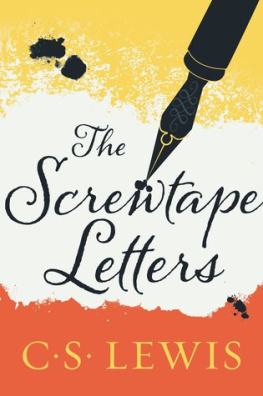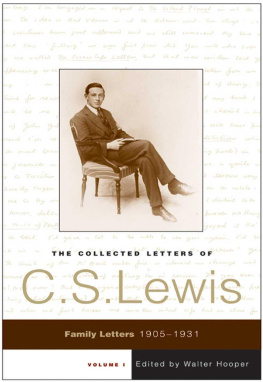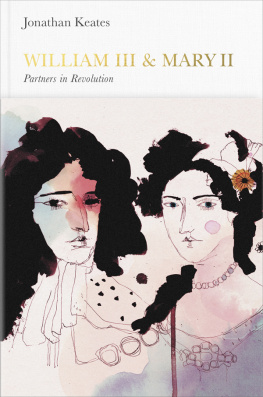PREFACE
Lady Mary Wortley Montagu has her niche in the history of medicine as having introduced inoculation from the Near East into England; but her principal fame is as a letter-writer.
Of her gifts as a correspondent she was proud, and with reason. It was in all sincerity that in June, 1726, she wrote to her sister, Lady Mar: "The last pleasures that fell in my way was Madame Svign's letters: very pretty they are, but I assert, without the least vanity, that mine will be full as entertaining forty years hence. I advise you, therefore, to put none of them to the use of waste paper." And again, later in the year, she said half-humorously to the same correspondent: "I writ to you some time ago a long letter, which I perceive never came to your hands: very provoking; it was certainly a chef d'oeuvre of a letter, and worthy any of the Svign's or Grignan's, crammed with news." That Lady Mary's belief in herself was well founded no one has disputed. Even Horace Walpole, who detested her and made attacks on her whenever possible, said that "in most of her letters the wit and style are superior to any letters I have ever read but Madame de Svign's." A very pleasant tribute from one who had a goodly conceit of himself as a letter-writer.
Walpole, as a correspondent, was perhaps more sarcastic and more witty; Cowper undoubtedly more tender and more gentle; but Lady Mary had qualities all her own. She had powers of observation and the gift of description, which qualities are especially to be remarked in the letters she wrote when abroad with her husband on his Mission to the Porte. She had an ironic wit which gave point to the many society scandals she narrated, a happy knack of gossip, and a style so easy as to make reading a pleasure.
Some of the incidents which Lady Mary retails with so much humour may be accepted as not outraging the conventions of the early eighteenth century when it was customary to call a spade a spade; when gallantry was gallantry indeed, and the pursuit of it openly conducted. What is not mentioned by those who have written about her is that she was possessed of a particularly unsavoury strain of impropriety which outraged even the canons of her age. Some twenty years after her death, it was mentioned in the Gentleman's Magazine that Dr. Young, the author of Night Thoughts, had a little before his death destroyed a great number of her letters, assigning as a reason of his doing so that they were too indecent for public inspection. Only the other day I had confirmation of this from a distinguished man of letters who wrote to me: "I have somewhere hidden away a copy of a letter by Lady Mary Wortley Montagu, which was sent to me by a well-known collector about thirty-five years ago, because he couldn't destroy it and wouldn't for worlds be found dead with it in his possessionso terrific is it in character. I'll tell you about it some day when we meet: I can't write it. In any case you couldn't use it or even refer to it. I suppose that my friend quite felt that the document, however objectionable, should not, on literary grounds, be destroyed. What my executors will think of me for having it in my possession, the Devil only knows."
Whether this strain permeated the diary which Lady Mary left behind her when she eloped in 1712, and which was destroyed by one of her sisters, no one can say; but it is a curious fact that the diary she kept in later years was destroyed by her devoted daughter, Lady Bute. "Though Lady Bute always spoke of Lady Mary with great respect," wrote Lady Louisa Stuart, "yet it might be perceived that she knew it had been too much her custom to note down and enlarge upon all the scandalous rumours of the day, without weighing their truth or even their probability; to record as certain facts stories that perhaps sprang up like mushrooms from the dirt, and had as brief an existence, but tended to defame persons of the most spotless character. In this age, she said everything got into print sooner or later; the name of Lady Mary Wortley would be sure to attract curiosity; and were such details ever made public, they would neither edify the world, nor do honour to her memory."
Lady Bute heard that her mother's letters were in existence, and, fearful of what they might contain, purchased them. "It is known that when on her way to die, as it proved, in her own country, Lady Mary gave a copy of the letters to Mr. Snowden, minister of the English church at Rotterdam, attesting the gift by her signature," Lady Louisa Stuart has written. "This showed it was her wish that they should eventually be published; but Lady Bute, hearing only that a number of her mother's letters were in a stranger's hands, and having no certainty what they might be, to whom addressed, or how little of a private matter, could not but earnestly desire to obtain them, and readily paid the price demandedfive hundred pounds. In a few months she saw them appear in print. Such was the fact, and how it came about nobody at this time of day need either care or inquire."
With regard to other correspondence of Lady Mary, Sir Robert Walpole returned to her the letters she had written to his second wife, Molly Skerritt, after the death of that lady; and when Lord Hervey died, his eldest son sealed up and sent her her letters, with an assurance that he had read none of them. To Lord Hervey's heir, Lady Louisa Stuart has mentioned, Lady Mary wrote a letter of thanks for his honourable conduct, adding that she could almost regret he had not glanced his eye over a correspondence which would have shown him what so young a man might perhaps be inclined to doubtthe possibility of a long and steady friendship subsisting between two persons of different sexes without the least mixture of love. Much pleased with this letter, he preserved it; and, when Lady Mary came to England, showed it to Lady Bute desiring she would ask leave for him to visit her mother.
It is to be presumed that Lady Mary, or her daughter, Lady Bute, destroyed these collections. For her part, Lady Mary returned letters that she had received from Lord Hervey, but only those that belonged to the last fourteen years of an acquaintance that had endured twice so long. These are for the greater number platonic in character, although there are a few phrases of a freer kind. Croker, who edited Lord Hervey's Memoirs, mentions that Hervey, answering one of her letters in 1737, in which she had complained that she was too old to inspire passion, after paying a compliment to her charms more gallant than decorous, said: "I should think anybody a great fool that said he liked spring better than summer merely because it is further from autumn, or that they loved green fruit better than ripe only because it was further from being rotten. I ever did, and believe ever shall, like women best
"Just in the noon of lifethose golden days,
When the mind ripens as the form decays."
Lady Mary was then in her forty-ninth year, being six years Hervey's senior.
Lady Louisa Stuart, writing in 1837that is, seventy-five years after the death of her grandmother, Lady Marywrote indignantly of the attacks that had been made upon her ancestress. "The multitude of stories circulated about heras about all people who were objects of note in their dayincrease, instead of lessening, the difficulty," she said. "Some of these may be confidently pronounced inventions, simple and purely false; some, if true, concerned a different person; some were grounded upon egregious blunders; and not a few upon jests, mistaken by the dull and literal for earnest. Others, again, where a little truth and a great deal of falsehood were probably intermingled, nobody now living can pretend to confirm, or contradict, or unravel. Nothing is so readily believed, yet nothing is usually so unworthy of credit, as tales learned from report, or caught up in casual conversation. A circumstance carelessly told, carelessly listened to, half comprehended, and imperfectly remembered, has a poor chance of being repeated accurately by the first hearer; but when, after passing through the moulding of countless hands, it comes, with time, place, and person, gloriously confounded, into those of a bookmaker ignorant of all its bearings, it will be lucky indeed if any trace of the original groundwork remains distinguishable."



